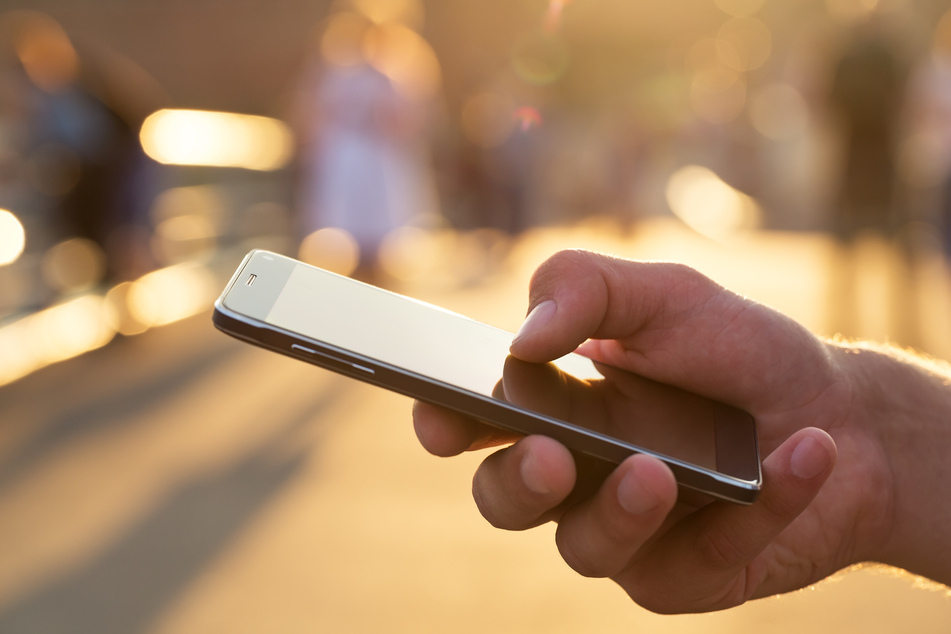Coronavirus can survive for 28 days on touchscreens
Sydney, Australia - The coronavirus can remain infectious on surfaces such as phone screens and banknotes for up to 28 days, a new study has found.

The findings by Australia's national science agency CSIRO were published in the Virology Journal on Sunday.
"At 20 degrees Celsius, which is about room temperature, we found that the virus was extremely robust, surviving for 28 days on smooth surfaces such as glass found on mobile phone screens and plastic banknotes," said Debbie Eagles, Deputy Director of the Australian Centre for Disease Preparedness (ACDP).
Similar experiments for Influenza A revealed that the flu can only survive on surfaces for 17 days. This highlights how resilient the coronavirus is, according to Dr. Eagles.
However, the experiment was conducted in the dark since it has been proven before that UV light kills the virus.
In contrast, previous studies found that the coronavirus can only survive for two to three days on bank notes and glass.
Coronavirus survives longer on glass than on cotton
The new study revealed that the virus survives longer on non-porous or smooth surfaces such as glass, stainless steel and vinyl, compared to porous complex surfaces such as cotton.
"Establishing how long the virus really remains viable on surfaces enables us to more accurately predict and mitigate its spread, and do a better job of protecting our people," said CSIRO chief executive Dr Larry Marshall.
The results underline the need to regularly wash hands and frequently touched surfaces, such as touchscreens at airports, in supermarkets, and ATMs in order to minimize the risk of transmission.
Cover photo: pretoperola/123RF
